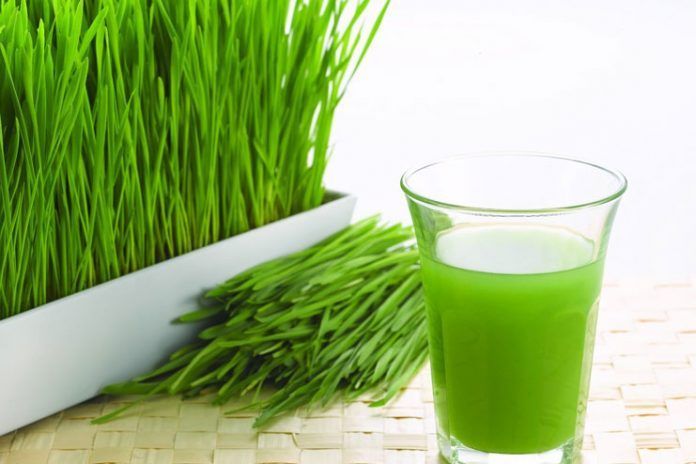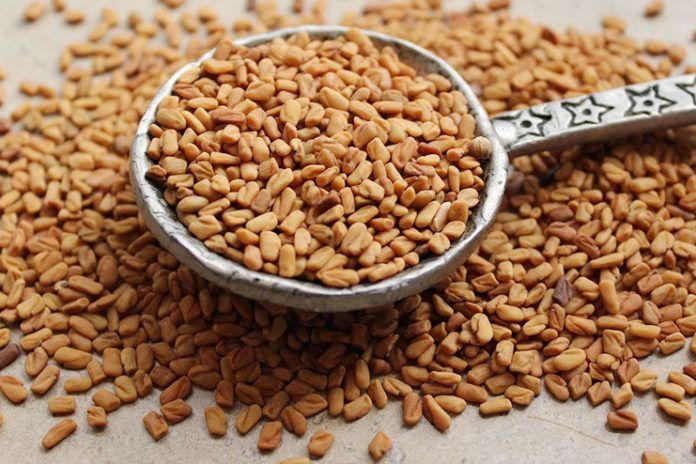Affiliate Disclaimer
Some links in this article are affiliate links. We may earn a small commission if you make a purchase through these links, at no extra cost to you. We only recommend products we find useful to our readersHaving regular menstrual periods helps women balance their hormones, improve their mood, and maintain overall health. In contrast, irregular, excessively frequent, or very heavy periods can indicate hormonal imbalances.
Many women experience irregular periods and often report them being late or early. This can be a significant issue that may lead to health concerns, including infertility.
Fortunately, there are ways to regulate your menstrual cycle. Addressing these irregularities can resolve many related health issues.
What is an Irregular Period?
A woman’s normal menstrual cycle usually lasts 21 to 35 days, with an average of 28. Cycles between 24 and 37 days are considered normal for most.
Irregular periods have been defined as occurring fewer than nine times per year, more often than every 21 days, and with abnormal flow, such as spotting or heavy bleeding.
Irregularities can also be described by cycles that are either too long (more than 35 days) or too short (less than 21 days), which may require medical evaluation.
Tips to Make Your Menstrual Cycle Regular
1Yoga

Feeling anxious about menstrual irregularities is completely understandable. However, yoga can be an effective way to manage and regulate your menstrual cycle. Regular yoga practice stimulates the reproductive organs, balances hormones, reduces stress, and aids in weight management— all of which are important for menstrual health.
Some commonly recommended asanas include Adho Mukha Savasana (Downward-Facing Dog), Ustrasana (Camel Pose), and Dhanurasana (Bow Pose). These poses improve blood flow to the reproductive organs, relieve menstrual cramps, and help relax and stimulate the hormonal system, which can help normalize irregular periods.
It’s important to remember that results won’t appear overnight, so consistency is key. If your periods are significantly irregular, absent for several months, or accompanied by heavy bleeding, it’s advisable to consult a healthcare provider for a proper diagnosis.
Many reputable sources, such as Yoga Journal and the Mayo Clinic, endorse yoga for promoting menstrual health. For the best experience, consider practicing under the guidance of a trained yoga instructor.
If you wish to address specific concerns through yoga, speaking with a professional who can provide tailored recommendations is a good idea.
2Wheatgrass

Due to its rich nutritional content, wheatgrass is beneficial in managing symptoms related to irregular periods. It is packed with vitamins, including vitamin C, vitamin A, and vitamin E, as well as important minerals like iron and magnesium.
These nutrients can contribute to the production of red blood cells and improve overall blood health, addressing issues such as blood clotting and irregular menstrual cycles. Additionally, wheatgrass is known for its detoxifying properties, which may help regulate the menstrual cycle and reduce symptoms like heavy flow.
Women experiencing amenorrhea, the absence of menstruation, can also benefit from wheatgrass, as it may help rebalance hormones in cases of malnutrition or insufficient nutrient intake.
To alleviate menstrual irregularities, drink about one tablespoon of wheatgrass juice daily for 7-8 days in the morning. However, it is essential to consult with a healthcare provider if you are experiencing heavy bleeding or other concerning symptoms.
Wheatgrass should be considered a supplement to a balanced diet and wellness routine rather than a standalone cure for menstrual irregularities. Its ability to support detoxification and hormonal balance makes it valuable to a wellness plan. Always ensure that its use aligns with your personal health needs and goals.
If you want to incorporate wheatgrass into your routine, adding it to a smoothie or drinking the juice in the morning can be an easy option.
Also Read – Foods that should be avoided on periods
3Iron

Anemia, which can occur due to an iron deficiency, is one of the most common causes of delayed or absent menstrual periods. Anemia happens when there are not enough red blood cells in the body, impairing its ability to transport oxygen through hemoglobin. This can result in reduced blood flow to the reproductive organs, leading to missed or irregular periods.
Iron is essential for the production of red blood cells. If the body lacks sufficient iron, it cannot produce enough blood, which disrupts the hormonal balance required for a regular menstrual cycle. Additionally, heavy menstrual bleeding can increase the risk of iron deficiency, potentially resulting in anemia.
Consuming iron-rich foods or taking iron supplements can help combat iron deficiency and improve menstrual health. Some good sources of iron include:
- Leafy greens (such as spinach and kale)
- Raisins and dried fruits
- Iron-fortified cereals
- Carrots and beans
Iron is particularly important during pregnancy, as the fetus requires a significant amount of iron for proper development. In such cases, iron supplementation is usually recommended to ensure the health of both the mother and the baby.
Sources like MedicalNewsToday (R), ScienceDirect (R), and VeryWell Health (R) emphasize the importance of maintaining adequate iron levels for overall health and regular menstrual cycles.
4Fenugreek Seeds

Fenugreek seeds have been used for generations as a natural remedy for various health issues, including menstrual disorders. They are known for their hormone-balancing effects, which may help regulate menstrual cycles and reduce discomfort associated with menstruation.
Fenugreek seeds contain compounds such as saponins and flavonoids, which are believed to help balance hormones like estrogen, thereby relieving menstrual irregularities and pain.
There are a couple of ways to use fenugreek seeds for menstrual health:
- Soaked Fenugreek Seeds: Soak 1-2 teaspoons of fenugreek seeds overnight in water. In the morning, strain the water and drink it on an empty stomach. This method helps cleanse the body and can promote regularity in the menstrual cycle.
- Fenugreek Water: Combine half a teaspoon of fenugreek seeds with a cup of hot water. Let it steep for 30 minutes, then consume the water and the seeds. This will assist in hormonal regulation and reduce menstrual cramps.
Regular intake of fenugreek seeds may help maintain regular periods, alleviate pain, and promote overall reproductive health. However, if menstrual issues persist, it is important to consult a healthcare provider.
Whether in seed form or as a supplement, fenugreek has been associated with several benefits for women’s health.
5Aloe Vera

Aloe vera is a powerful plant known for its numerous health benefits, including its ability to help regulate menstrual cycles. It works by balancing hormones, which may lead to more regular periods. However, it’s essential to avoid taking aloe vera during your menstrual period, as it can have a laxative effect and may increase menstrual flow.
Here is a common method to use aloe vera for menstrual health:
- Aloe Vera Juice: Extract one tablespoon of aloe vera juice from the plant and mix it with 1 tablespoon of honey. Take this mixture with 1 cup of warm water on an empty stomach once a day. Consume this during the period-free phase of your cycle and stop when menstruation begins, resuming 3 days after your period ends.
This combination of aloe vera and honey helps balance hormones and improve menstrual health by promoting blood circulation and reducing inflammation, which may result in more regular cycles and less menstrual discomfort.
While aloe vera is generally considered safe, its effectiveness can vary from person to person.
6Conclusion
A well-regulated menstrual cycle is essential for maintaining hormonal balance and overall health. Irregular periods often indicate hormonal imbalances, which can lead to infertility.
Natural remedies can help regulate the menstrual cycle. For example, practicing yoga can reduce stress and improve blood circulation, while consuming wheatgrass may aid in detoxification. Additionally, incorporating iron-rich foods can prevent anemia, which can disrupt menstruation. Fenugreek seeds help balance hormones and alleviate discomfort, and aloe vera can also assist with hormone regulation when used at the appropriate time.
While incorporating these practices can support menstrual health, it’s important to consult a healthcare provider if irregularities persist.
-
March 2017Written by Pradeepa polineni
-
Dec 2024Edited by Lakshmi Gayatri
7References
- https://www.healthline.com/health/womens-health/irregular-periods-home-remedies
- https://www.nichd.nih.gov/health/topics/menstruation/conditioninfo/treatments
- https://www.medicalnewstoday.com/articles/324781
- https://www.medicalnewstoday.com/articles/anemia-and-periods
- https://www.sciencedirect.com/science/article/pii/S1440244024001427
- https://www.verywellhealth.com/heavy-menstrual-periods-iron-deficiency-anemia-5072751
In this Article


















